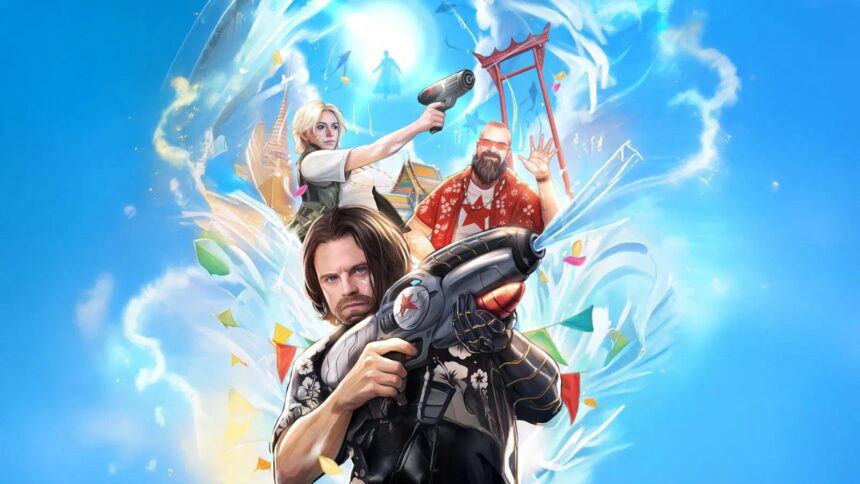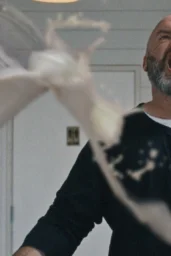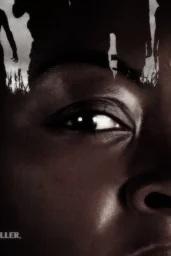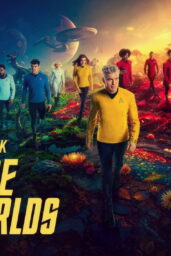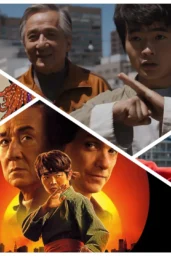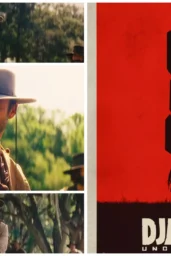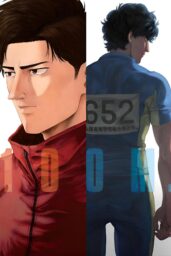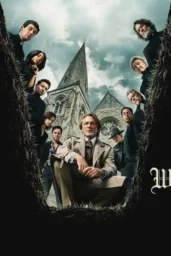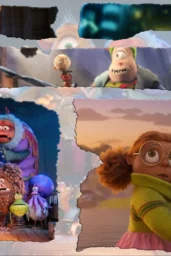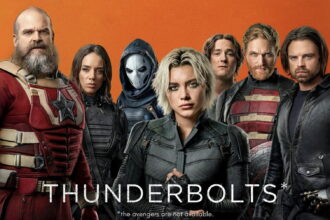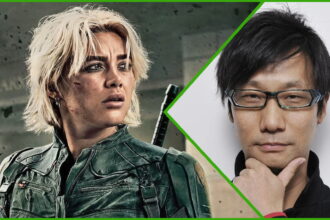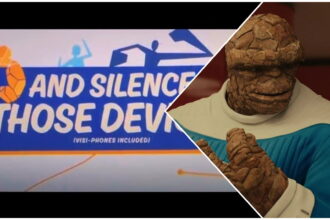Nothing prepared me for Thunderbolts. Not the trailers, not the cast announcements, not even my 13-year-long MCU obsession. And I wasn't alone. As fans, we walked in expecting gritty antiheroes and chaotic team dynamics. What we got was a meta-narrative laced with legacy nods, Easter eggs thicker than Red Guardian's accent, and a shockingly self-aware commentary on superhero culture. Let's unpack it.
Hooked from the First Frame
Right out the gate, Thunderbolts bends the Marvel formula. The distorted fanfare. The creeping shadow that overtakes the logo. It's not just a visual gimmick—it foreshadows The Void, the destructive dark entity linked to Bob aka Sentry. This isn't Marvel being edgy for the sake of it; it's tonal groundwork.
Compare it to the opening of WandaVision, where the sitcom filters slowly bled into horror. Same psychological sleight of hand. Marvel's learned how to prep its audience emotionally before the plot even begins.
A Tour Through MCU Lore
From relics of the Battle of New York to callbacks like “On Your Left” and “Blew Up Budapest,” Thunderbolts is a treasure chest of references. Each one isn't just nostalgia bait—they mean something in context.
Take Bucky's “Brooklyn representative” arc. A throwaway line? Hardly. It cements his evolution from Hydra's assassin to a politically engaged leader. He's not just a fighter now—he's a voice.
Or consider the gala. Artifacts like Loki's scepter and Chitauri cuffs aren't there just to remind us of past battles. They frame a chilling question: What happens when power becomes museum decor?
Deep Cuts: The Stuff You Only Catch If You've Read the Comics
Let's talk about the real nerd candy:
- The O.X.E. Group: A nod to obscure comic arcs involving Valentina and Life Model Decoys.
- Project Sentry: Costumes, hair samples, and lines lifted straight from the comics (“Golden Guardian of Good”? Yes, please).
- The Watchtower: Renaming Avengers Tower after Sentry's base in the comics? That's a deep pull—and a bold one.
Marvel's flexing here. They're not just adapting comics—they're synthesizing them, weaving legacy into MCU fabric.
When Satire Meets Strategy
Let's talk about that Wheaties box.
Red Guardian hawking cereal boxes with “New Avengerz” branding is pure satire. But it's also scarily believable. In a world where Tony Stark sold razors and Steve Rogers starred in wartime propaganda, supersuit sponsorships are the next logical step.
Same goes for the “New Avengers” title. Valentina's rebrand isn't just bureaucratic sleight of hand—it's a power move. She's weaponizing branding to control narrative. You don't need heroes when you have PR.
Sound familiar? It should. It's textbook Disney.
The Void: Trauma Manifested
Now let's dig into the big bad: The Void.
In the comics, it's a metaphor for addiction, depression, and suppressed rage—essentially the worst parts of Sentry's psyche. In Thunderbolts, it's dramatized as a shadow realm where civilians get trapped in their trauma loops. Dark? Sure. But it also reveals Marvel's evolving metaphor game.
No longer are villains just bad guys—they're symbols. The Void doesn't just attack New York. It invades minds, forcing confrontations with past regrets. And Bob's inability to separate himself from it? That's the real tragedy.
Meta Moment: MCU vs. DC
Ghost calls the team “Disposable Delinquents.” That's not just snark—it's a jab at Suicide Squad. But here's the kicker: Thunderbolts doesn't just wink at DC. It critiques Marvel too.
Yelena naming the group after her Pee Wee soccer team? It's absurd. It undercuts grandeur. It mocks the epicness Marvel's built for over a decade. But it also reclaims it. The message? You don't need to be mythic to matter.
Why It All Hits Different
This film doesn't just reference MCU history—it rewrites it.
- No Steve. No Tony. No core Avengers. The absence isn't a gap—it's a statement. These aren't legacy heroes. They're post-legacy.
- Bucky's knife flip? Pure fan service—but contextualized as muscle memory, a habit born from trauma.
- Yelena's jump-boost save? A visual rhyme with Natasha's moment in 2012's Avengers. Only this time, she lives.
The Future Ain't What It Used To Be
Here's the uncomfortable truth: Thunderbolts might be the most self-aware MCU movie since Iron Man 3. It's got jokes. But it's also got existential dread wrapped in cinematic callbacks.
The post-credits scenes are no longer cliffhangers. They're critiques.
Sam Wilson being pissed about the “New Avengers” copyright? That's not just funny—it's Marvel side-eying its own bureaucracy.
The Fantastic Four: First Steps teaser? It's not just a plug. It's a warning: This universe is changing. And nostalgia won't save it.
Would you risk becoming The Void to be remembered? Comment below.

